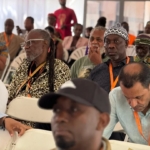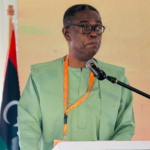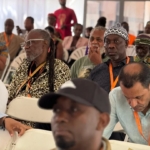
A historic milestone in the global movement for reparatory justice has been achieved in Accra, where delegates from Africa, the Caribbean, the Americas, Europe, and the wider diaspora adopted the Accra Declaration on Reparatory Justice at a high-level international conference marking the 80th anniversary of the 5th Pan-African Congress.
The two-day gathering, convened by the Pan-African Progressive Front (PPF) from 18–19 November, brought together policymakers, scholars, activists, traditional authorities, and civil society organisations united by a common purpose: securing reparations for slavery, colonialism, apartheid, and centuries of systemic exploitation.
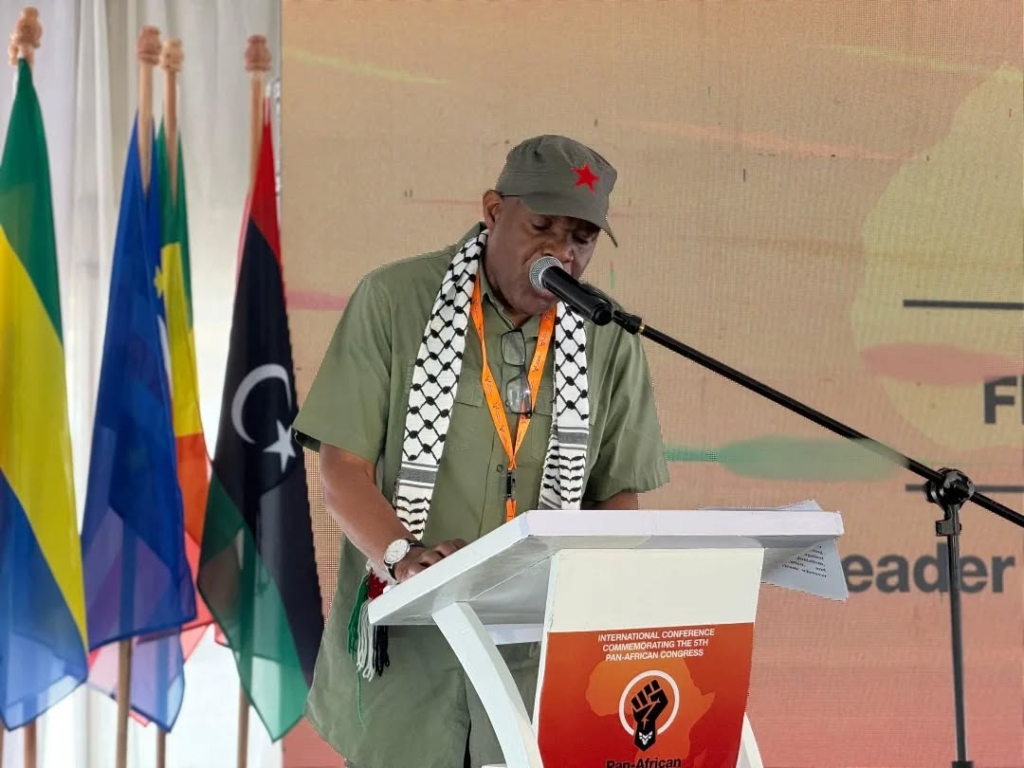
The Accra Declaration reaffirms what delegates described as the “inalienable right” of Africans and people of African descent to reparatory justice.
It outlines a unified global position on the moral, legal, and economic imperatives for reparations and calls for structured negotiations with former colonial powers.

Key commitments in the declaration include:
- Establishing a Global Reparatory Justice Framework based on restitution, compensation, rehabilitation, satisfaction, and guarantees of non-repetition.
- Demanding structural reforms of international governance systems such as the UN Security Council and global financial institutions.
- Supporting the creation of reparations bodies at national, regional, and continental levels, including commissions, specialised funds, and technical committees.
- Strengthening partnerships between Africa, the Caribbean, and the global diaspora, drawing on the CARICOM Ten-Point Plan and African Union initiatives.
- Urging former colonial states to accept responsibility and enter formal reparations negotiations.
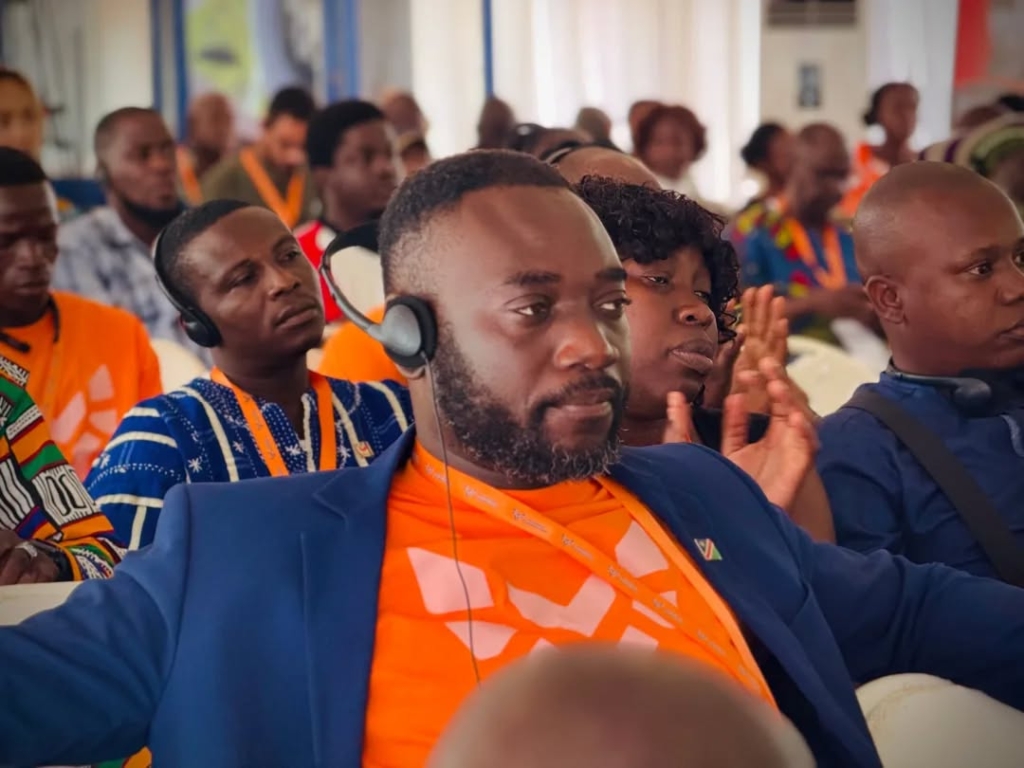
Delegates said the declaration represents “a new era of coordinated global action”, positioning Accra—long regarded as a centre of Pan-African activism—as a strategic focal point for the reparatory justice movement.
Next steps for implementation
The declaration sets out a series of next steps designed to translate resolutions into concrete action. These include:
- Establishing a Pan-African Reparatory Justice Coordinating Committee.
- Preparing a Roadmap for International Reparations Negotiations.
- Creating a unified reparations fund and exploring economic measures such as duties on goods from former colonial countries.
- Setting up a legal institution to assess damages, conduct expert evaluations, and prepare claims for adjudication.
- Engaging with the African Union, ECOWAS, CARICOM, and global partners to build multilateral support.
- Strengthening mobilisation among youth, women, civil society, and traditional leadership across Africa and the diaspora.
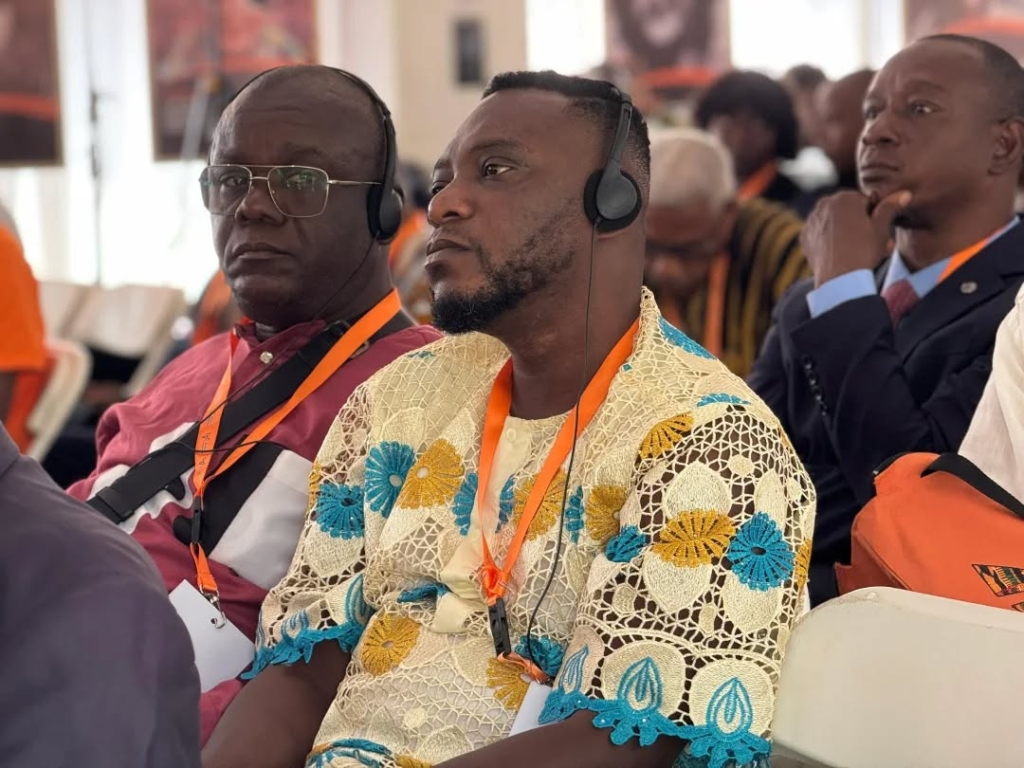
Implementation, according to the PPF, begins immediately, with follow-up meetings planned for 2026.
Renewed Pan-African resolve
The Pan-African Progressive Front described the declaration as both a reaffirmation of historical commitments and a forward-looking framework for justice and transformation.
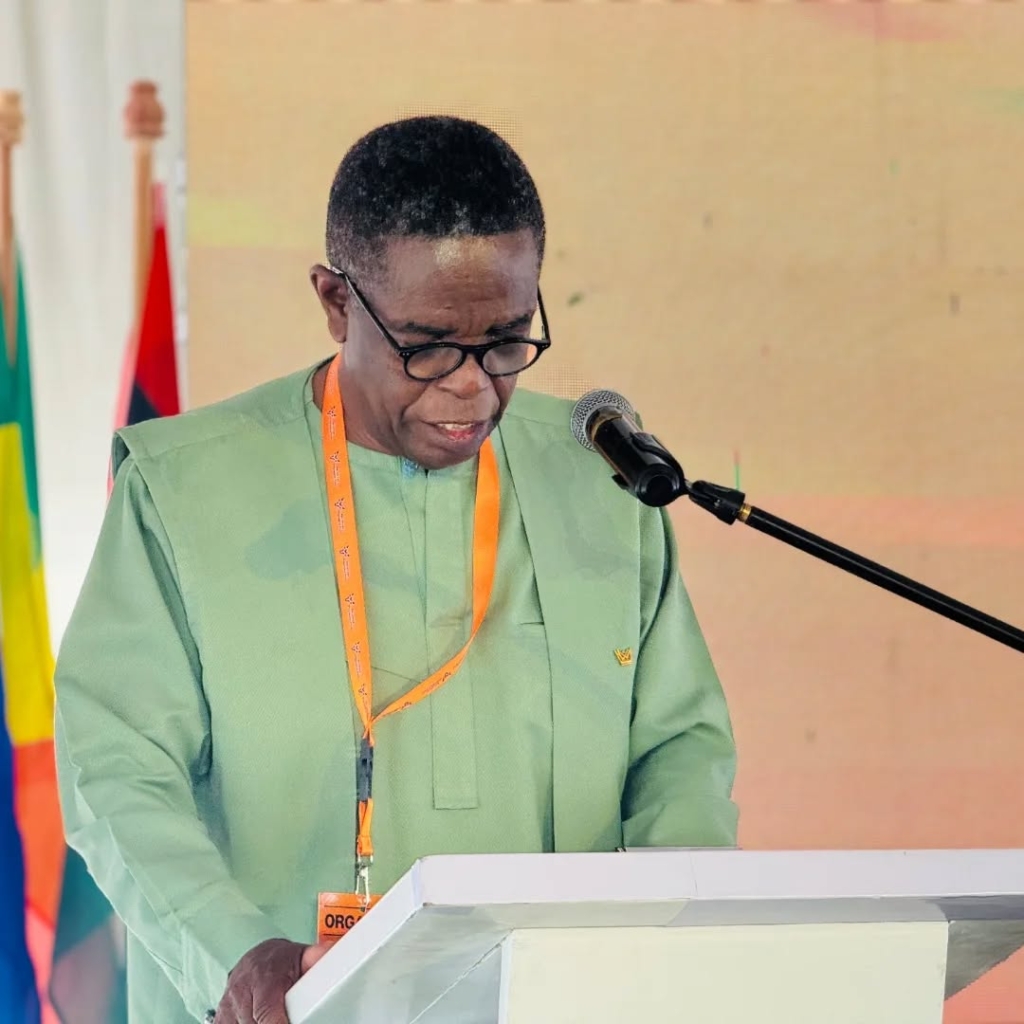
In a statement, the PPF said reparatory justice must now be treated as “a moral imperative, a political priority, and a cornerstone of Pan-Africanism in the 21st century.”
The PPF is a continental and global platform focused on justice, unity, human rights, and transformative leadership. It works across advocacy, policy development, research, and grassroots mobilisation to advance the interests and dignity of African peoples worldwide.
Read the full Communique below:
Issued by the Pan-African Progressive Front (PPF)
ACCRA DECLARATION ON REPARATORY JUSTICE ADOPTED AT HISTORIC PAN-AFRICAN CONFERENCE
Accra, Ghana — 19 November 2025.
The Pan-African Progressive Front (PPF) proudly announces the adoption of the Accra Declaration on Reparatory Justice at the High-Level International Conference Commemorating the 80th Anniversary of the 5th Pan-African Congress, held in Accra from 18–19 November 2025.
The Declaration represents a major global milestone in the quest for reparatory justice for Africa and its diaspora. Delegates from across the continent, the Caribbean, the Americas, Europe, and the worldwide Pan-African community united to affirm that reparations for slavery, colonialism, apartheid, and systemic exploitation are a historical, legal, and developmental necessity.
Speaking at the close of the conference, delegates emphasized that reparatory justice is essential to healing historical wounds, dismantling entrenched inequities, and creating a more just international order.
Key Outcomes of the Accra Declaration
The Declaration:
Reaffirms the inalienable right of Africans and people of African descent to full reparations.
Calls for a Global Reparatory Justice Framework anchored in restitution, compensation, rehabilitation, satisfaction, and guarantees of non-repetition.
Demands structural reforms of international governance systems, including democratization of the UN Security Council and global financial institutions.
Supports creation of national, regional, and continental reparations bodies, including commissions, funds, and technical committees.
Strengthens Africa–Caribbean–Diaspora collaboration, building on the CARICOM Ten-Point Plan and African Union reparations agenda.
Urges former colonial powers to acknowledge responsibility and engage in formal reparations negotiations.
A Renewed Pan-African Commitment
The Accra Declaration signals a new era of coordinated global action on reparatory justice. Delegates hailed Accra—renowned for its historic leadership in Pan-African mobilization—as the ideal venue for this renewed global movement.
The Pan-African Progressive Front reaffirmed its commitment to advancing reparatory justice as a moral imperative, a political priority, and a cornerstone of Pan-Africanism in the 21st century.
Next Steps
The Declaration mandates:
Establishment of a Pan-African Reparatory Justice Coordinating Committee.
Preparation of a Roadmap for International Reparations Negotiations.
Establishment of a unified reparations fund Imposition of duties on goods from colonial countries Creation of a legal institution for the accurate assessment of damages, expert assessments, and preparation of claims for higher courts.
Engagement with the African Union, CARICOM, ECOWAS, and global partners.
Mobilization of youth, women’s groups, civil society, traditional authorities, and diaspora networks.
Implementation begins immediately, with follow-up convenings planned for 2026.
About the Pan-African Progressive Front (PPF)
The PPF is a continental and global Pan-African platform dedicated to promoting justice, unity, human rights, transformative leadership, and the advancement of African peoples worldwide. The organization works across policy, advocacy, research, and grassroots mobilization to strengthen the global Pan-African movement.
- President Commissions 36.5 Million Dollars Hospital In The Tain District
- You Will Not Go Free For Killing An Hard Working MP – Akufo-Addo To MP’s Killer
- I Will Lead You To Victory – Ato Forson Assures NDC Supporters
Visit Our Social Media for More

